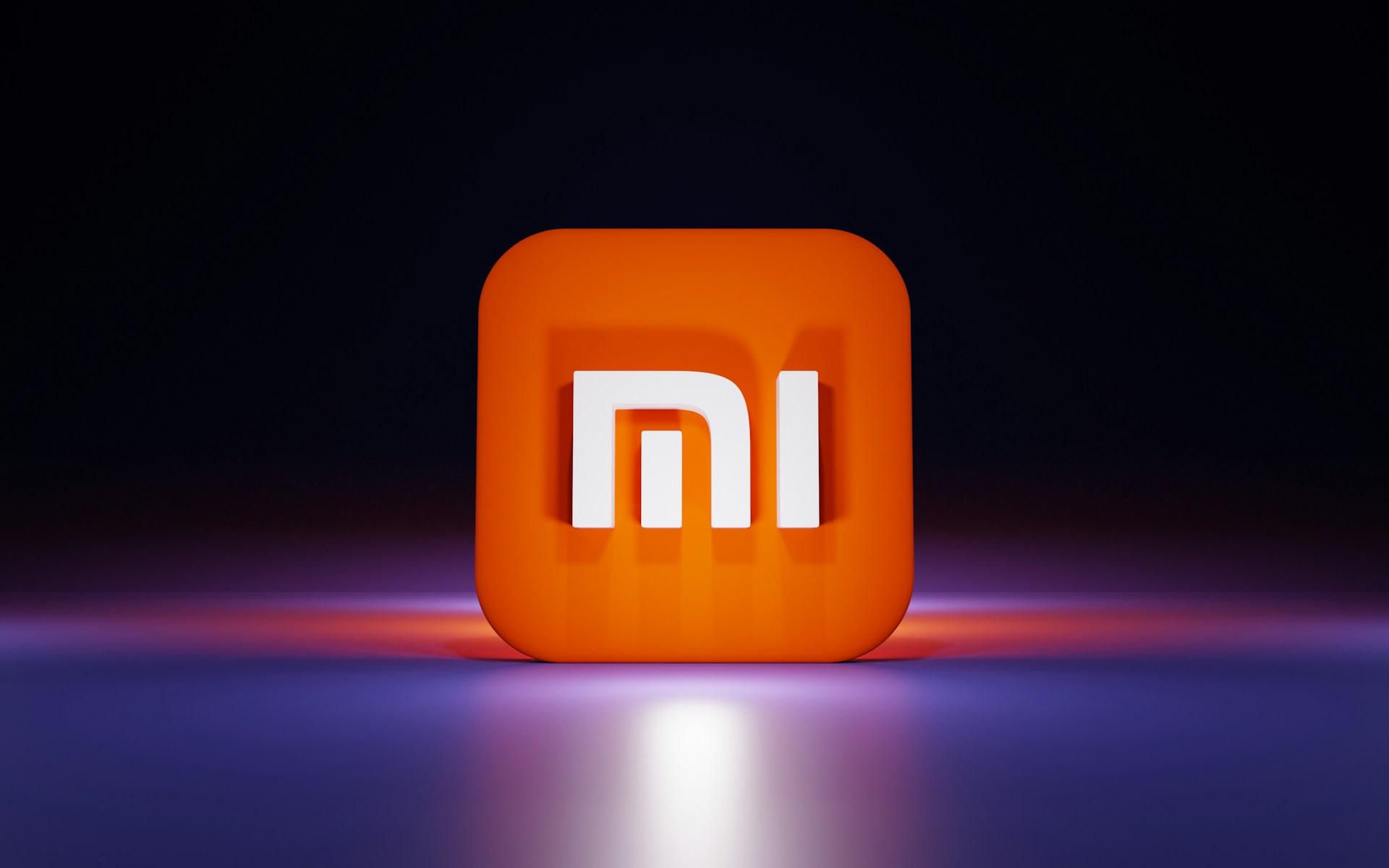
Xiaomi Corp. released an open-source voice model Monday to power its cars and smart home devices, adding to China’s efforts to compete with American artificial intelligence (AI) companies through free technology.
The MiDashengLM-7B model understands speech, environmental sounds, and music across Xiaomi’s electric vehicles and smart home devices. The system combines Xiaomi’s audio technology with Alibaba’s open-source language processing tools.
Xiaomi achieved breakthrough performance on 22 public testing benchmarks. The model processes voice commands four times faster than competitors while handling 20 times more requests using the same computer memory.
The system already runs more than 30 features in Xiaomi products. Cars can detect strange sounds outside and alert owners through their phones. Smart home devices watch for break-ins or fires around the clock.
Users can snap their fingers to control lights and other devices. The AI also helps people practice languages by correcting their speech while they drive.
Unlike competitors who keep their AI systems private, Xiaomi made all technical details public. The company revealed training methods and published data from 77 different sources used to build the system.
The strategy reflects China’s push to reduce dependence on U.S. technology. Major firms like Alibaba and Tencent have released various AI models in recent months to compete with OpenAI and Google’s offerings.
The strategy appears successful for Chinese companies. Alibaba’s open-source AI models have generated over 40 million downloads globally, according to company data.
Both Chinese President Xi Jinping and U.S. President Donald Trump have made AI leadership a priority. The competition has become important for both countries’ economic and security goals.
Xiaomi plans upgrades that work without internet connections. Future versions will include sound editing capabilities controlled through natural language commands.
The Beijing-based company is spending $6.93 billion over ten years on chip development. The company has committed $6.93 billion over ten years, starting in 2021, for semiconductor development. This supports growth beyond smartphones into electric vehicles and smart home products.
By offering advanced AI technology for free, Chinese companies can potentially capture developer loyalty and create long-term advantages against well-funded Western rivals.






















